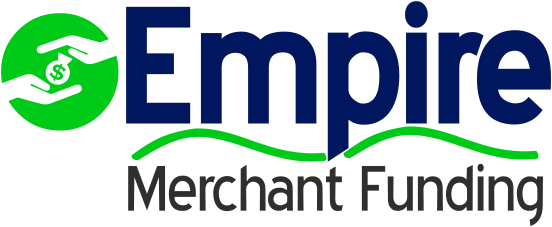Do Startups Qualify for an SBA Loan?
As a new business owner, you might be wondering if the SBA loan is right for your startup. You may have heard that it’s only available to established businesses with a proven track record of success and profitability. But this isn’t always true. In this blog post, we will discuss what qualifications startups need in order to qualify for an SBA loan!
What is an SBA loan?
The SBA stands for the Small Business Association. The SBA is an organization that offers financing to businesses with 100 employees or less. They offer several types of loans, including:
- Term Loans (up to 25 years)
- Line of Credit (used like credit card line but repaid monthly)
- Working Capital Loan (provides capital until receivables are collected)
What qualifications do startups need in order to qualify for an SBA loan?
While there are many different types of criteria you may be required to meet before qualifying for an SBA loan, generally speaking, they include:
- Credit Score > 620 and Personal/Business Debt ratio <= 40%
- Minimum two years in business (with the year prior profitable if startup)
- Profitability for two of last three years (if an established business)
What do you need to know before applying?
When it comes time to apply, there are a few things that you should be aware of:
SBA loans can take several weeks or months from start to finish. The longer the process takes, the more difficult it is for your company not just financially but also in terms of momentum and growth! It’s important that as soon as possible after deciding on an SBA loan you begin gathering all required documentation so everything will be ready when your application begins moving through their system. You’ll want to include tax returns and personal financial statements if applicable. And remember, if changes occur between now and when you apply, be sure to have updates available!
What other resources are available for startups?
There’s a lot of money out there that can help your business succeed. You just need the right lenders and financing opportunities in order to get it. Luckily, The Business Funding Institute (BFI) offers several alternatives such as working capital loans and traditional lines of credit-all designed specifically with small businesses in mind! We offer to fund up to $500k which means even if an SBA loan is too much or not enough we’ve got you covered. And best yet: our process takes only 30 minutes using teleconference technology so no time off from work is required! To learn more about how BFI can provide flexible working capital through their
– You have to be in an eligible industry – the SBA doesn’t offer loans for every type of business. Industries with a history of past success are usually prioritized first, but there are also some exceptions that you will want to keep in mind, such as manufacturing or high-tech industries!
– You need sufficient collateral – This can include real estate and equipment, along with other valuable items. As long as it is likely enough to cover your loan amount if needed, lenders may consider taking on more risk by offering you financing! If you don’t own anything of value yet though, they might not take you seriously at this point. A good way around this would be finding someone who has faith in your business plan and wants to invest in your company!
– The business owner needs a credit score of at least 500 – Not all businesses will qualify for the SBA loan. If you are trying to obtain one, make sure that you have good personal credit as well so lenders feel comfortable taking on more risk by lending money to you. This is even true if your spouse has great credit and they plan on applying too!
– The business should not be over the SBA loan guidelines – Each year, there is a maximum price limit for certain goods and services that will qualify. This means if your business sells items or provides services worth more than this amount, you may want to think about scaling down your company until it falls under these limits. If you do go beyond them though, make sure to note in your application that you need an exception!
– The business owner must be able to make a down payment – Depending on the lender and how risky they feel your loan is, you may need to put in some of your own money before receiving any financing. If you don’t have anything saved though or can’t afford this upfront cost right now, then ask friends and family if anyone would like to invest in exchange for future profits!
– You should be willing to pay interest – The SBA will help you get your business funded, but there is no free ride here. While it may not seem like much compared to the loan amount itself, lenders will expect you to pay them back each month with interest just like any other form of debt that you take on in life!
If these qualifications sound manageable and make sense for your startup business needs, then you will want to take a close look at the SBA loan! The huge advantage here is that it does not rely on your personal credit history, meaning if you have been turned down by other lenders before for this reason then an SBA loan could be a great option. Apply today and see what happens!





